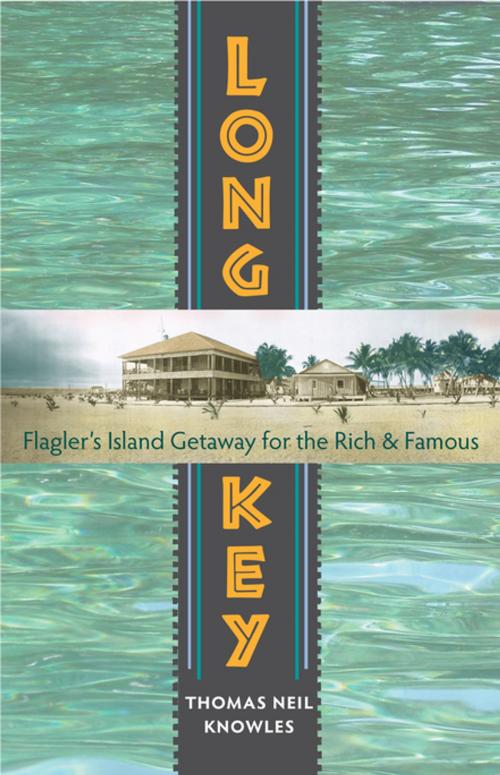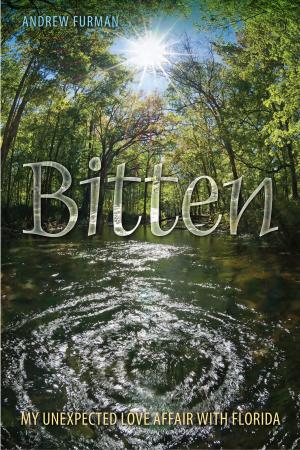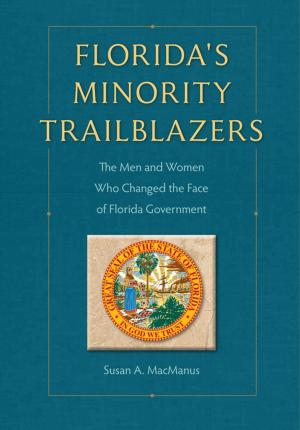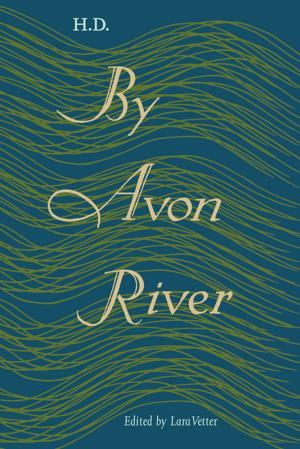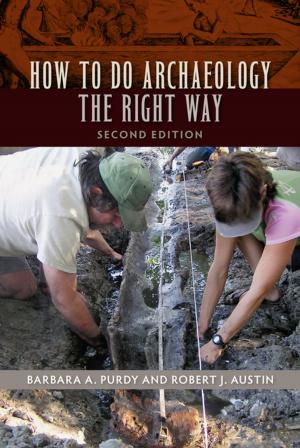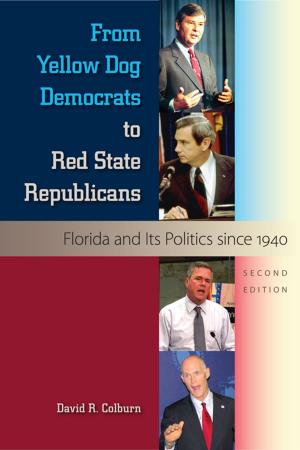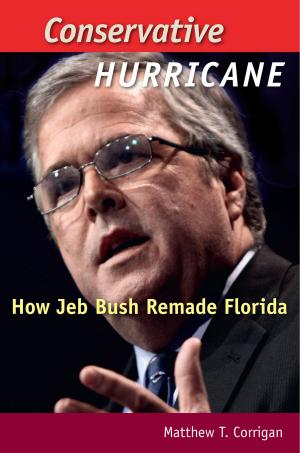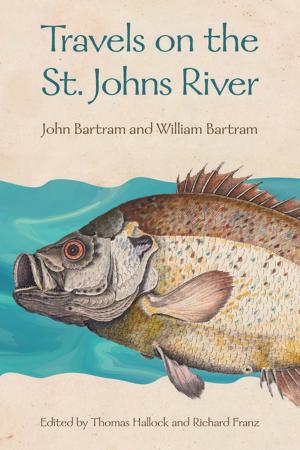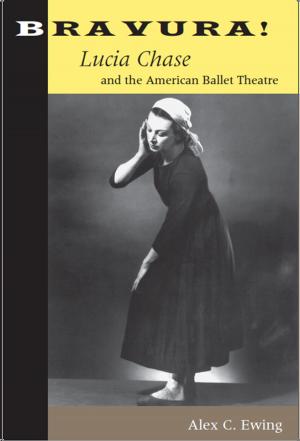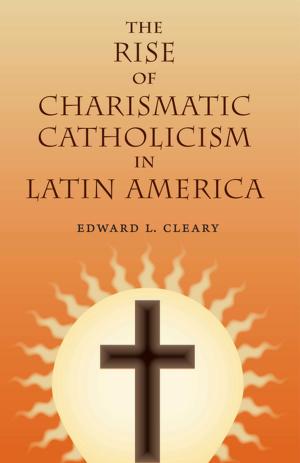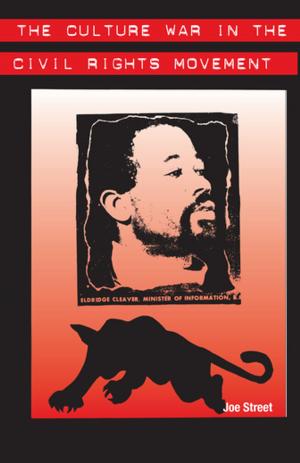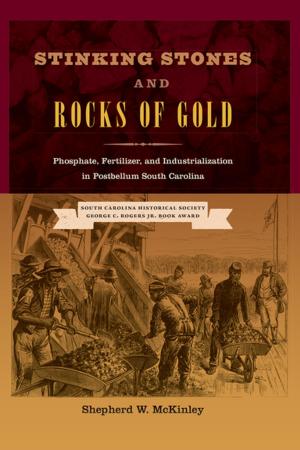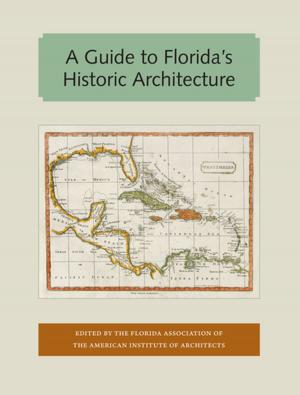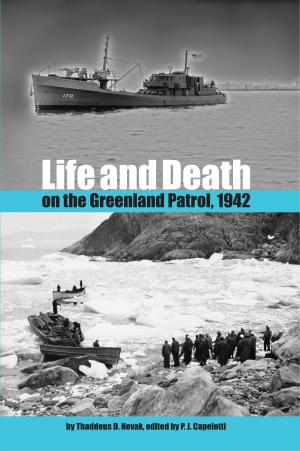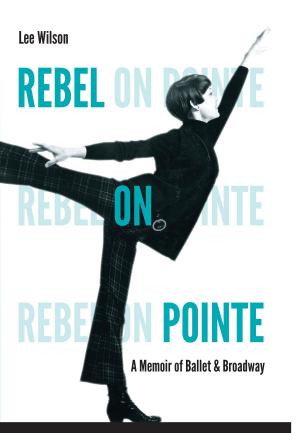Long Key
Flaglers Island Getaway for the Rich and Famous
Nonfiction, Travel, United States, South, History, Americas, 20th Century| Author: | Thomas Neil Knowles | ISBN: | 9780813047591 |
| Publisher: | University Press of Florida | Publication: | March 18, 2014 |
| Imprint: | University Press of Florida | Language: | English |
| Author: | Thomas Neil Knowles |
| ISBN: | 9780813047591 |
| Publisher: | University Press of Florida |
| Publication: | March 18, 2014 |
| Imprint: | University Press of Florida |
| Language: | English |
With a modest two-story hotel and various small cottages, Long Key Fishing Camp offered a dramatic departure from the usual opulence of Henry Flagler’s hotels that dotted the east coast of Florida. The final resort opened during his lifetime, Long Key lacked palatial structures with manicured grounds, extravagant recreational facilities, and world-class amenities. Prospective visitors were frankly warned not to expect the same level of comfort provided at sister properties. Yet still they came.
Carefully researched and replete with photographs and maps never before published, Long Key offers the first history of this unique destination. Historian Thomas Knowles recounts the extraordinary tale of how a railroad work camp became a world-renowned sportfishing center and a preferred vacation spot of a cadre of well-to-do individuals that included businessmen, poets, nobles, and politicians.
This rustic island, with its unparalleled fishing grounds and cabins named after local fish—“The Kingfish,” “The Porpoise,” “The Barracoota,” “The Shark”—inspired fierce loyalty among its clientele, even during the dark years of the Great Depression. Zane Grey, Lou Gehrig, Wallace Stevens, Charles Kettering, Andrew Mellon, and Herbert Hoover were among those who would return season after season.
Completely destroyed by the fatal 1935 Labor Day Hurricane, the first category 5 storm to make landfall in the United States, Flagler’s unique island getaway has been largely forgotten. Knowles expertly depicts this slice of long-lost Florida and resurrects the famous personalities who found refuge from the limelight at Long Key.
With a modest two-story hotel and various small cottages, Long Key Fishing Camp offered a dramatic departure from the usual opulence of Henry Flagler’s hotels that dotted the east coast of Florida. The final resort opened during his lifetime, Long Key lacked palatial structures with manicured grounds, extravagant recreational facilities, and world-class amenities. Prospective visitors were frankly warned not to expect the same level of comfort provided at sister properties. Yet still they came.
Carefully researched and replete with photographs and maps never before published, Long Key offers the first history of this unique destination. Historian Thomas Knowles recounts the extraordinary tale of how a railroad work camp became a world-renowned sportfishing center and a preferred vacation spot of a cadre of well-to-do individuals that included businessmen, poets, nobles, and politicians.
This rustic island, with its unparalleled fishing grounds and cabins named after local fish—“The Kingfish,” “The Porpoise,” “The Barracoota,” “The Shark”—inspired fierce loyalty among its clientele, even during the dark years of the Great Depression. Zane Grey, Lou Gehrig, Wallace Stevens, Charles Kettering, Andrew Mellon, and Herbert Hoover were among those who would return season after season.
Completely destroyed by the fatal 1935 Labor Day Hurricane, the first category 5 storm to make landfall in the United States, Flagler’s unique island getaway has been largely forgotten. Knowles expertly depicts this slice of long-lost Florida and resurrects the famous personalities who found refuge from the limelight at Long Key.
